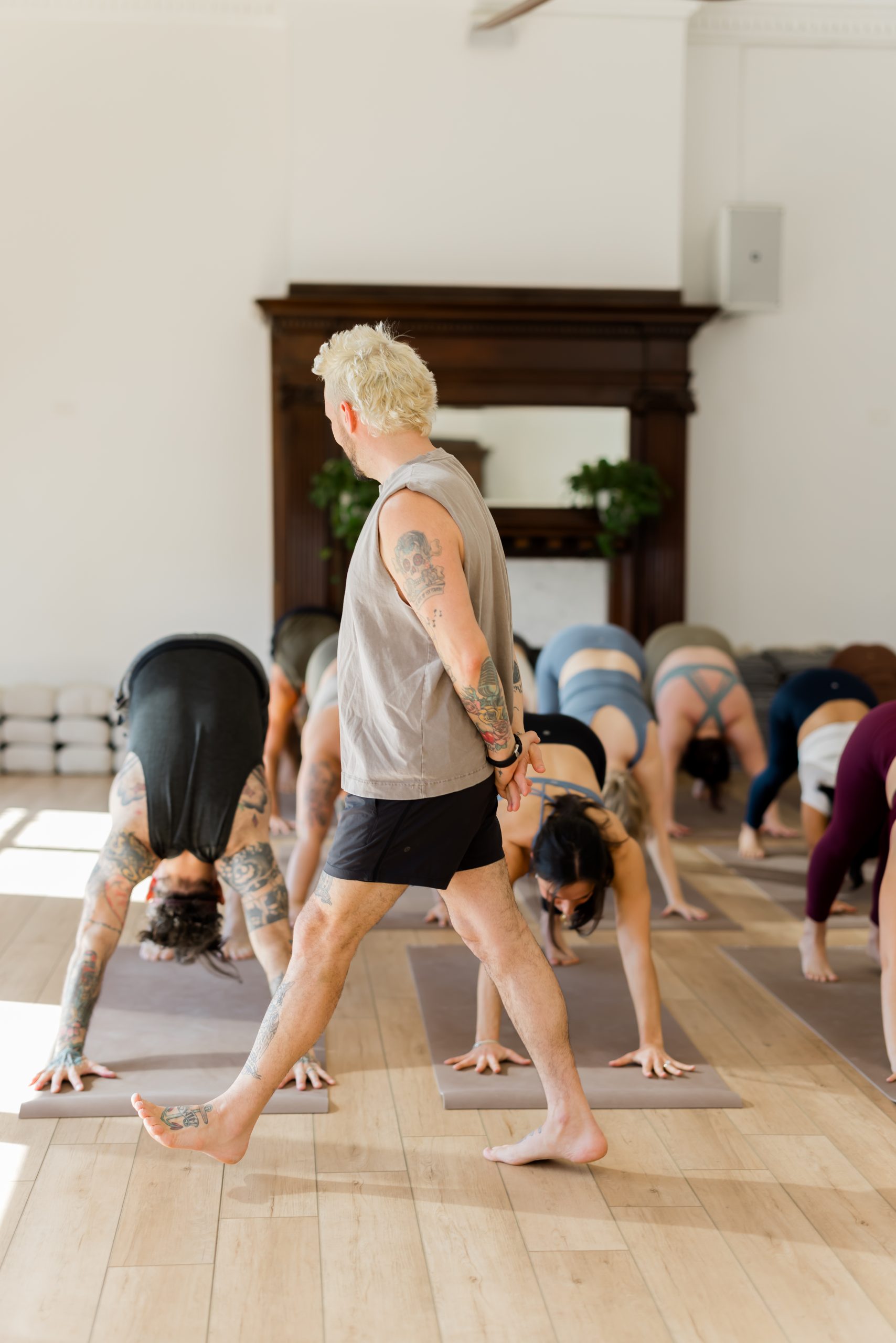
"When we teach yoga, we're not just cueing bodiesâwe're speaking to people. The words we use carry philosophical weight, whether we realize it or not."
"The subtle difference between 'your knee' and 'the knee' opens a wider conversation about identity and the relationship between self and the greater whole."
"Buddhist mindfulness encourages depersonalization, viewing thoughts and sensations as transient, whereas Hindu philosophy recognizes individual identity as part of a greater whole."
"Using personal pronouns in yoga cues emphasizes connection and individual experience, affirming our unique identities while acknowledging our shared existence."
The article discusses the language used in yoga practice, particularly the choice between using personal pronouns like "your knee" versus impersonal terms like "the knee." This choice signifies a deeper philosophical conversation about identity. The author contrasts Buddhist mindfulness, which encourages depersonalization, with Hindu philosophy, which values individual identity within the larger existence. The lesson is that yoga goes beyond physical instruction; it's about conveying a meaningful connection to self and others.
Read at YogaRenew
Unable to calculate read time
Collection
[
|
...
]